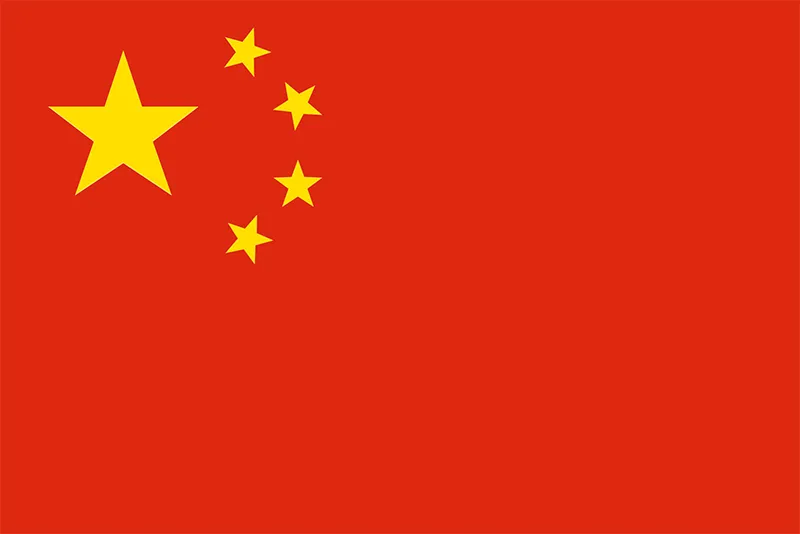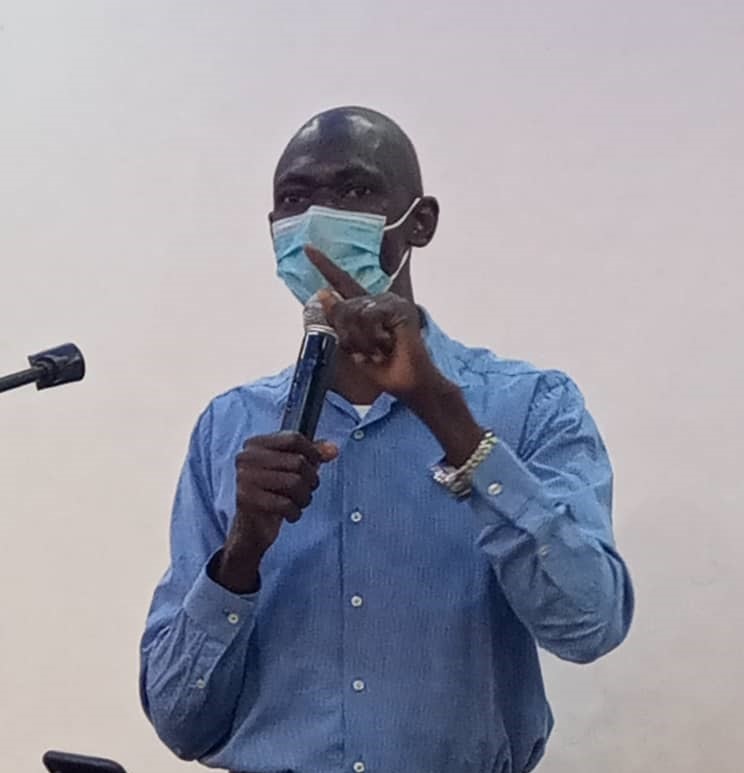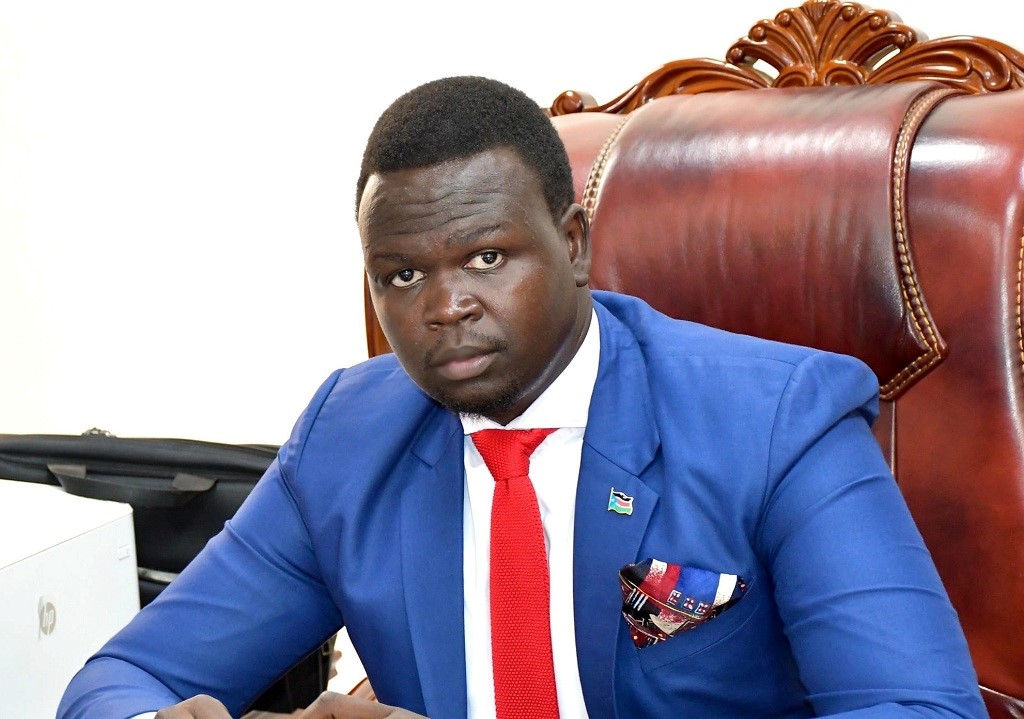
SPLM-IO clash is rebellion against South Sudan government: analyst

By Onen Walter Solomon
Recent clashes within South Sudan’s main opposition group could tantamount to rebellion against the transitional government, an analyst warned.
Two opposition generals, Johnson Olony and Simon Gatwech Dual, declared last week they had deposed Riek Machar from the chairmanship of the SPLM/IO and Dual would take his position.
Forces loyal to them clashed in the oil rich northern state of Upper Nile with those loyal to Machar, leaving 32 soldiers dead including 2 generals, the group’s spokesman, Lam Paul Gabriel told Juba Echo on Saturday.
The SPLM-IO is part of the revitalized government of national unity, “any rebellion within any signatories to the peace agreement is going to be treated as a rebellion against the RTGoNU, not against the specific party,” Abraham Kuol Nyoun, an assistant professor in the Department of Political Science at the University of Juba told Juba Echo.
“And in that case, if there are issues of such a rebellion, then it should be treated as a rebellion against RTGoNU,” he said.
The split is bound to affect the peace deal to an extent by delaying the security arrangement, he said.
“The areas that were under the control of the IO, especially where their forces are, is going to affect the time that should be taken to reunify the army, because those areas need another assessment which could lead to the army to be known on who is still paying allegiance to the former IO, and how many people are paying allegiance to the new group, Nyuon said.
Fighting broke out early Saturday morning when the factions led by Gen Johnson Olony and Simon Gatwech Dual attacked those that remained loyal to Vice President Riek Machar in the area of Gezan.
“The fighting lasted for about 2 hours then they were pushed back. In the process, two of their major generals got killed and about 27 soldiers got killed,” spokesman Gabriel said.
“From our side, 3 soldiers got killed and 13 others got injured.”
Machar’s group is the main opposition enacting a peace deal with President Salva Kiir’s administration in the capital juba to end six years of crisis which started in 2013 and left 400,000 people dead, displaced four million others, slashed crude output and destroyed the economy.
According to Gabriel, Machar’s faction responded only in self defense, is not for the fighting and wishes it ends quickly because their current task is to implement the security arrangements.




































